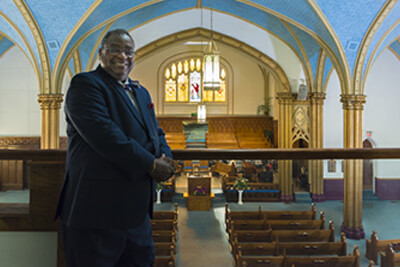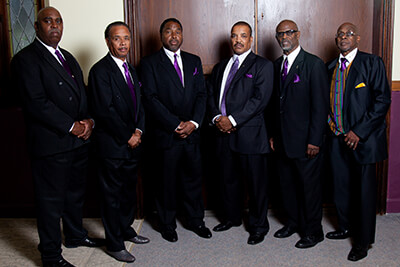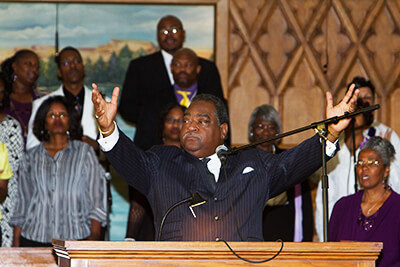Welcome to West End Baptist Church
As Members of the West End Baptist Church in Louisville Kentucky, we are commissioned to teach Jesus, preach Jesus, and baptize in the name of the Father, Son, and The Holy Spirit. Our commitment is to share the love of Jesus to the broken-hearted, to the hungry, to the naked, to the sick, and to the imprisoned. We will serve our diverse community; welcome the stranger in neglecting no one, accepting everyone; doing all to build up the body of Christ. We do this work by faith, with the authority given to us by Jesus Christ our Lord.
Therefore, in all things, we will praise, worship, and glorify God! Hallelujah!
God has Set Before Us a Marvelous View of Ministry
The vision includes our commission to evangelize the world, Matt. 28:19-21, and our understanding of God’s will that none shall perish, 2 Peter 3:9, because of God’s love for all people, John 3:16. We envision God using us to sing the songs of Zion like never before. We foresee the growth our education department with respect to enrollment, programs and activities. God has promised to souls to be saved and we are believing Him for it. We believe the ministry will grow to include weekday ministries, greater mission support, care for our elderly, ministries to society’s less fortunate, ministries to college students and as an African American Church, lead in ministry across cultural boundaries.
Arise, the Glory of God is shining upon you!
Christian Stewardship in the 21st Century
We need to embrace this larger biblical view of stewardship, which goes beyond church budgets or building projects, though important; it connects everything we do with what God is doing in the world. We need to be faithful stewards of all God has given us within the opportunities presented through his providence to glorify him, serve the common good and further his Kingdom.
Join us for Worship
Sunday School - 9:30 AM
Sunday Morning Worship - 11:00 AM
Wednesday Noon Prayer Meeting - 12:00 PM
Wednesday Night Bible Study - 6:30 PM


















